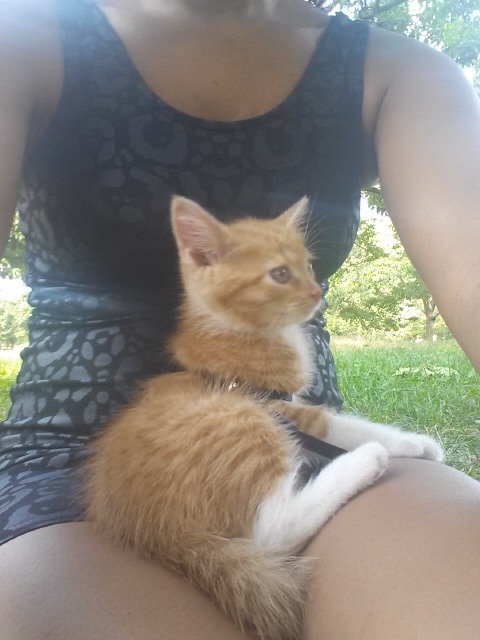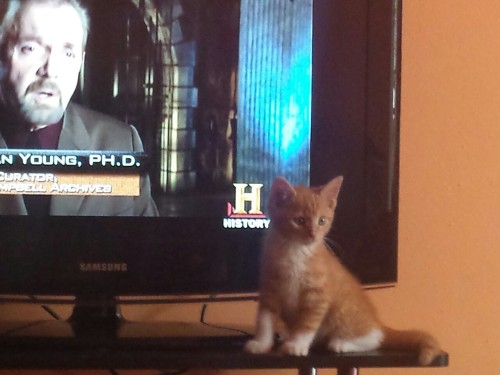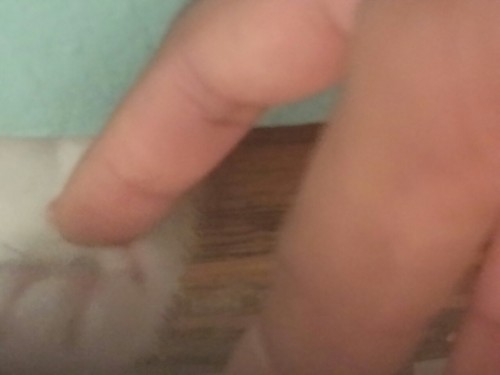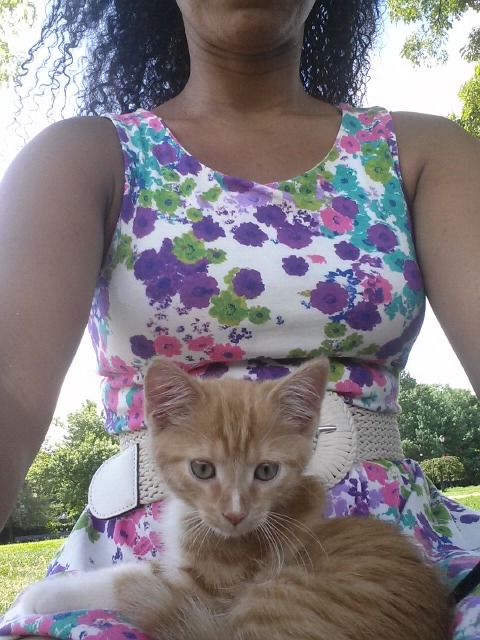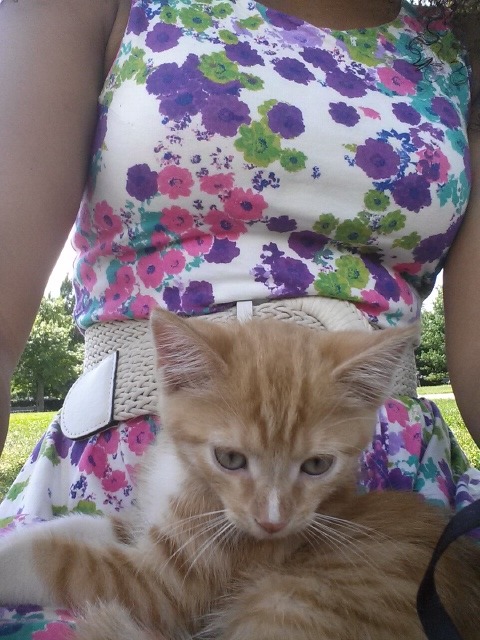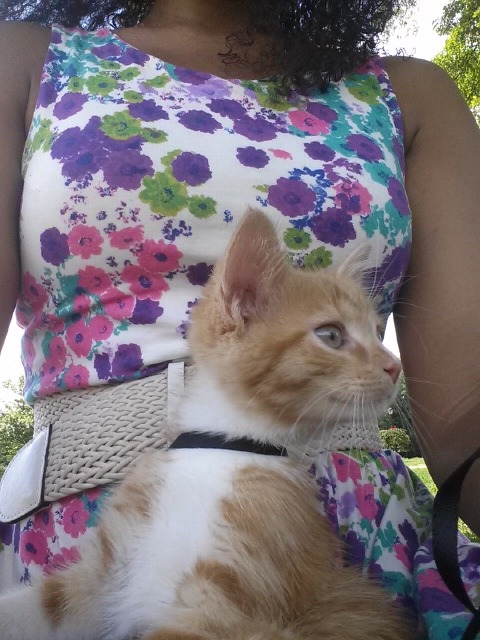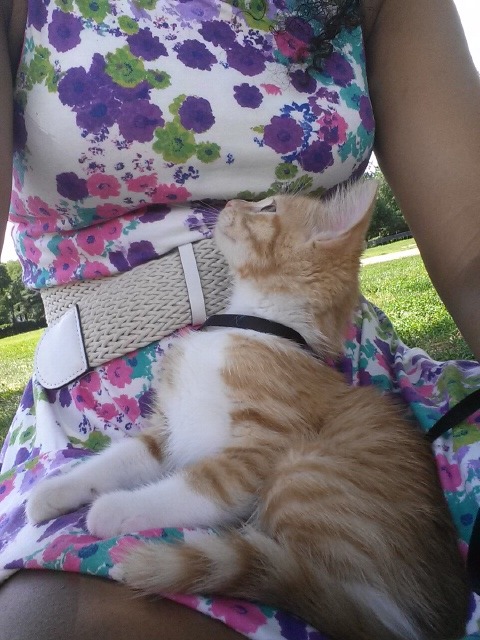Contact lens firms are 'ripping us off'
by SEAN POULTER, Daily Mail
Last updated at 11:08 26 July 2005

Lenses: No difference between them
Millions Of Britons who wear disposable contact lenses are the victims of a £250million annual rip-off, it has been claimed.
Industry insiders have revealed that expensive 'long-life' disposable lenses are exactly the same as cheap 'one-day' lenses.
The long-life lenses, which are sold to be reused for a week or a month, cost around £2.41 each - close to £5 a pair.
However, the daily disposable lenses, which are effectively the same lens, sell for 50p each - around £1 a day.
All these lenses are made of the same material in exactly the same proportions - 42 per cent polymer and 58 per cent water.
The only difference is that the daily versions have fractionally different diameters and curves. This has no bearing on whether they can be reused and makes little or no difference to the wearer.
The near identical nature of the lenses is one of the industry's best kept secrets, at least as far as Britain and Europe are concerned.
However, in the U.S. the contact lens companies Johnson & Johnson and Bausch & Lomb have both faced legal action over the issue.
Both have made multi-million dollar payments to disgruntled customers, who argued they had been misled, in order to settle the cases. In Britain, Johnson & Johnson sells the 1-day Acuvue, to be thrown away each day, the Acuvue, to be reused for one or two weeks, and the Sureview, to be reused over one month.
The company admitted to the Daily Mail that there is no medical reason why the daily lenses could not be reused and worn as long as the other brands, provided they were disinfected in the same way.
Misleading claims
The U.S. legal case against Johnson & Johnson accused the firm of creating the misleading impression that its cheaper 1-day Acuvue were different from the longer life disposable lenses. The company subsequently offered substantial compensation to customers who paid more for the long-life lenses in the mistaken belief they were different.
After the case was settled in 2001, it also agreed to change its packaging and marketing and not to make any statements suggesting that the daily lenses could not be used for more than one day.
However, in Britain Johnson & Johnson has continued to market the lenses as distinct products with different recommended periods of use.
Those using Johnson & Johnson's long-life lenses could save £250 a year by switching to the cheaper daily disposables and simply cleaning and reusing them.
Similarly, those using the firm's daily disposable lenses could make savings by reusing them, rather than throwing them away.
It is claimed that British consumers could save £250million a year by switching to daily disposables and reusing them. The legal case against Bausch & Lomb was settled in the 1990s. It had to pay $68million in cash and vouchers to 1.5million customers.
The company had been selling a long-wear lens under the name of Optima. It renamed and repackaged the lens so it could also be sold as the 'Medalist' for intermediate wear and as the 'Seequence' for disposable use.
An industry insider, who revealed the scam, said: "Contact lens manufacturers have created an artificial impression where two identical lenses can be sold at vastly different prices based on a marketing myth."
Johnson & Johnson admitted its range of disposable lenses were made of the same materials but added: "They are different lenses and are therefore priced differently."
A company spokesman said: "No physical property of 1-Day Acuvue limits its use to a single day disposable wear. Ultimately however, how a patient wears a particular lens is a decision to be made by the prescribing eye-care practitioner in consultation with their patient."





